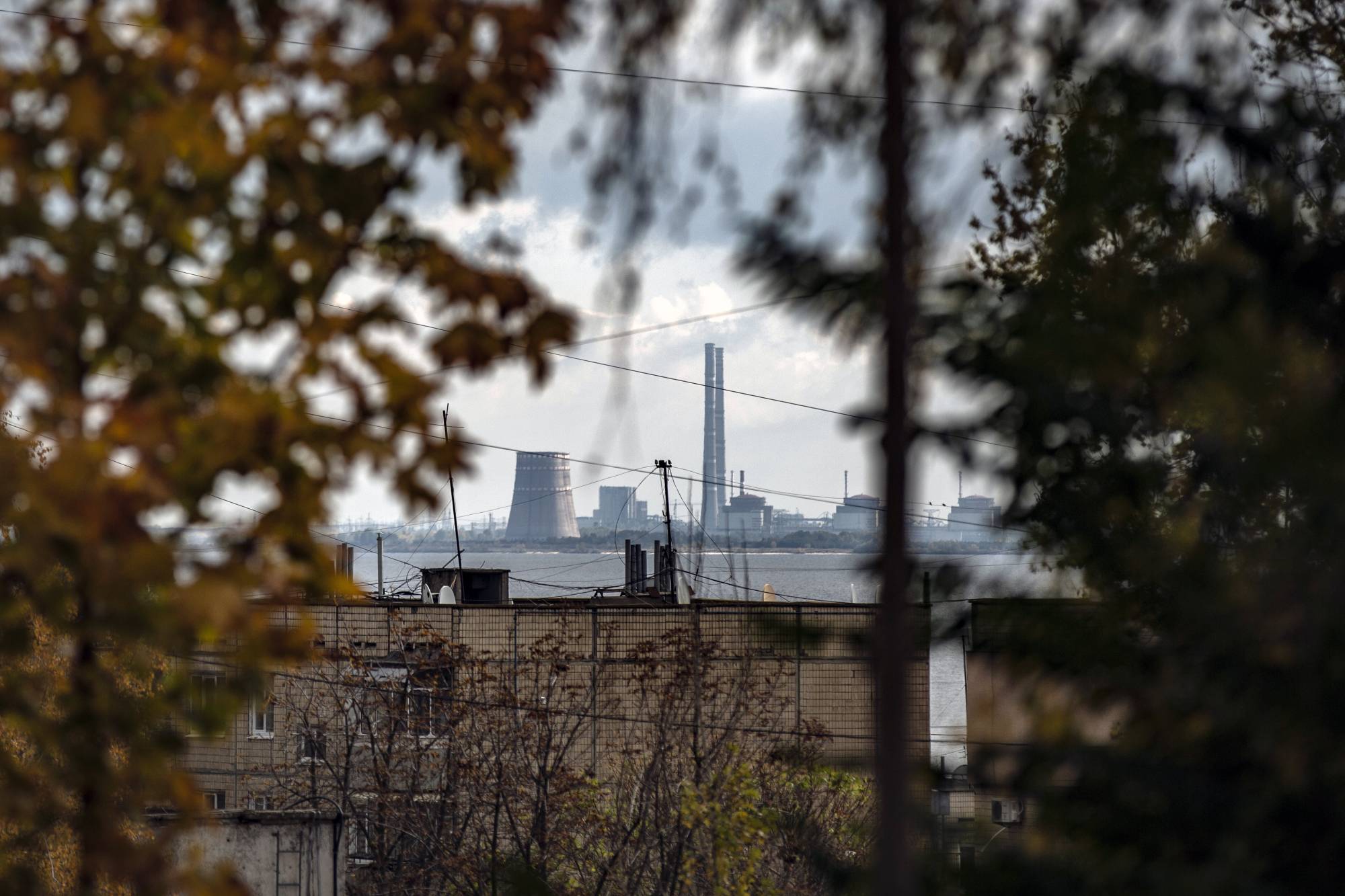Russian attacks were reported across large areas of Ukraine on Thursday, with heavy shelling in numerous regions damaging infrastructure, including power supplies to Europe's largest nuclear power plant, Ukrainian officials said.
The Zaporizhzhia nuclear power plant in southern Ukraine has again been disconnected from the power grid after Russian shelling damaged the remaining high voltage lines, leaving it with just diesel generators, Ukraine nuclear firm Energoatom said.


















With your current subscription plan you can comment on stories. However, before writing your first comment, please create a display name in the Profile section of your subscriber account page.